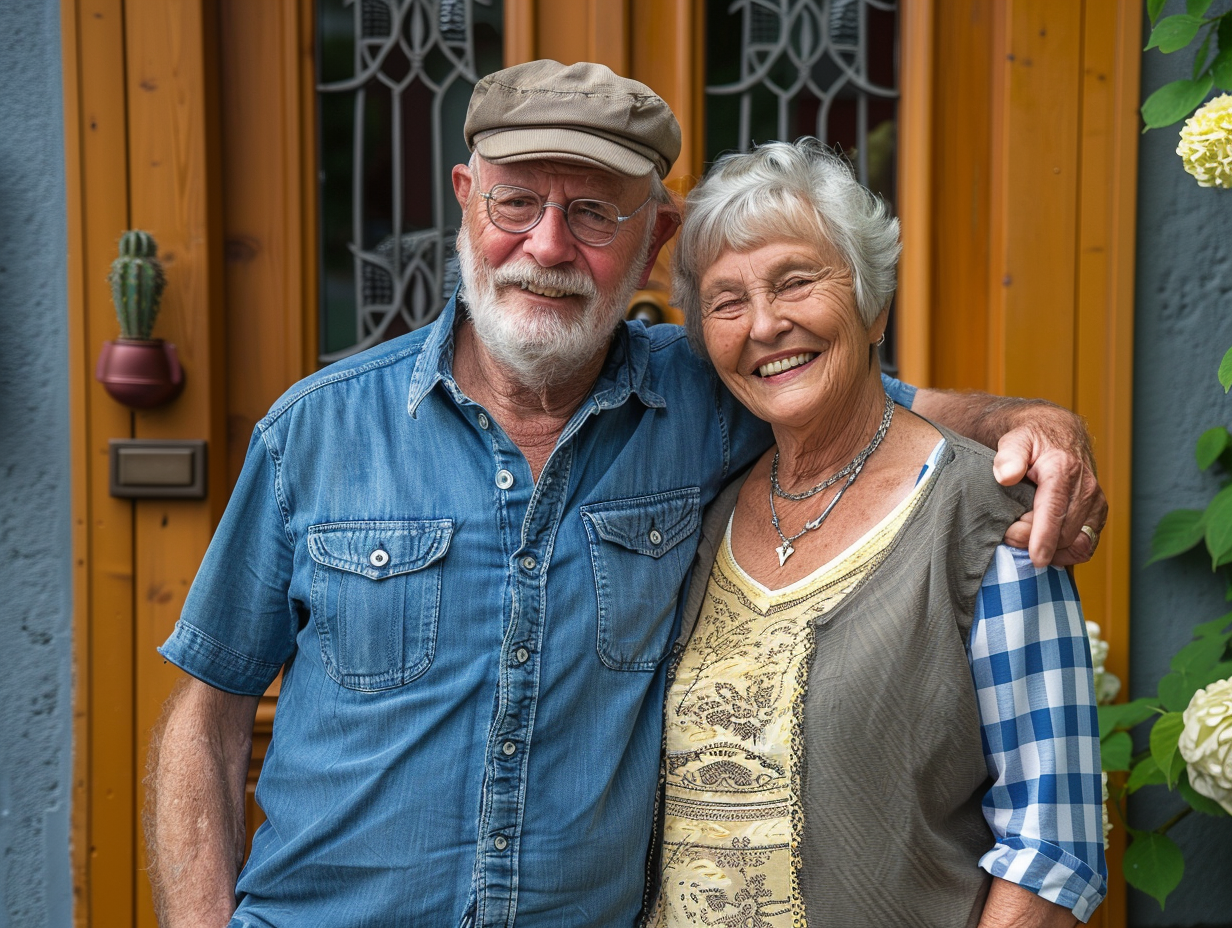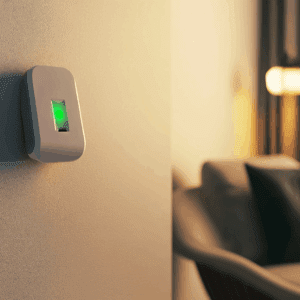More and more older adults in the U.S. are choosing to stay in their own homes as they age - a concept known as aging in place. This choice can offer many benefits, such as maintaining independence, staying close to family and friends, and being surrounded by familiar belongings. However, it also comes with its own set of challenges, particularly for people with dementia and their families.
Why Do Older Adults Choose to Age in Place?
A recent survey by Forbes Health of 1,000 U.S. adults aged 65 and older sheds light on why many prefer to age in place:
- Independence: A staggering 86% of respondents highlighted independence as their main reason.
- Happiness: 84% of participants feel happier aging in their own homes compared to alternative living arrangements like assisted living communities.
Additional Reasons for Aging in Place Include:
- Familiar environment
- Proximity to loved ones
- Ability to keep personal routines
Different Experiences and Attitudes Toward Aging
Dr. Hollis Day, M.D., chief of geriatrics at Boston Medical Center, points out that not all older adults experience aging the same way. Some continue to be active in volunteer work, hobbies, or even part-time jobs. According to the survey, 60% of respondents feel content, and 51% feel happy about living in their own homes as they age. However, 10% of participants reported feelings of loneliness.
Loneliness and Its Impact
It’s crucial to understand that living alone doesn’t necessarily mean feeling lonely. Many older adults find community through phone calls and technology. Nevertheless, loneliness can have serious health effects, including poor nutrition, missed medications, depression, and a loss of purpose.
Research shows that loneliness and social isolation can lead to higher mortality rates and cognitive issues such as dementia. A 2020 study by the National Academies of Sciences, Engineering, and Medicine found that loneliness could negatively impact health outcomes, including cardiovascular disease, stroke, and chronic diseases.
Housing Options for Older Adults
There are several housing options available for older adults, including:
- Independent Living: For those who need minimal assistance
- Assisted Living: Offers help with daily activities like bathing and medication
- Memory Care Communities: Specialized care for those with dementia
- Skilled Nursing Care: Provides round-the-clock medical care
Despite these options, 33% of older adults worry about aging in such alternatives. The survey reveals that women (34%) are slightly more uneasy than men (30%) about this. Interestingly, worries tend to decrease with age.
The Importance of Home Modifications
Staying at home can give older adults a sense of control and autonomy, which is critical during the aging process. However, this independence also comes with risks, particularly if the home isn’t adapted to meet their physical needs. For example, someone with mobility issues or arthritis might struggle to navigate their home without proper modifications.
Common Concerns
The top concern for both older adults living alone (36%) and those living with others (32%) is the risk of falling or needing medical help. Falls can result in severe health issues, including head trauma and hip fractures. According to the Centers for Disease Control and Prevention (CDC), around 3 million older adults visit emergency rooms each year due to falls.
For more details view the original article
Elli Cares is a dementia care app designed to support independent living for people with dementia while providing peace of mind to their families. It's a valuable tool for anyone navigating the challenges of dementia care.






